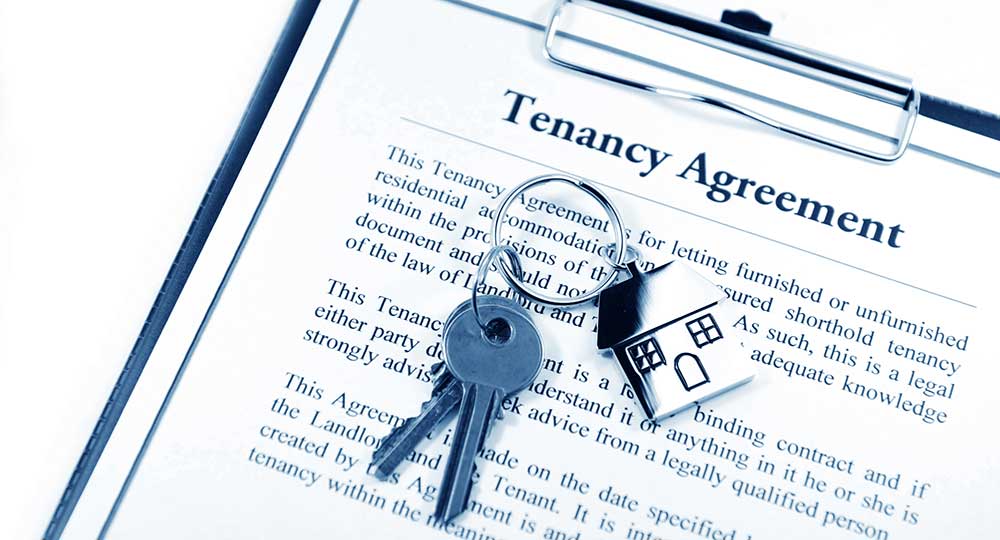Buying a property can be daunting, especially for a first-time purchaser. Ministry of Finance reported that more than 300,000 transactions valued at RM145 billion were recorded in the local property market in 2021. This figure indicates the dynamic nature of the property market and the high volume of activity in buying and selling houses in this country.
Whether you’re considering buying your first home or looking to sell a property, proper legal advice is essential for this process, and we are here to guide you through the legal aspects of buying a house in Malaysia.
How long does the buying and selling process typically take in Malaysia?
The whole process involves many parties, i.e., vendor, purchaser, land office, Inland Revenue Board, lawyer, developers and valuer, and it may take up to 6 MONTHS to complete the transaction before the buyer receives the keys to their property.
We’ll divide this important topic into two articles for easy understanding. Both sellers and buyers should know these key rules before entering property transactions. This knowledge will help you make informed decisions, whether selling or buying a house.
(1) Determine whether you’re eligible for the property you intend to buy
The term “house” refers to any accommodation used for residential purposes, including a terraced house, a semi-detached house, a bungalow, a flat, an apartment and a condominium, and anyone is generally free to purchase any house in Malaysia (as long as they’re not declared as bankrupt.
However, concerning the purchase of certain types of properties, some exceptions are imposed by the respective state authority, such as the followings:
- Low-cost house: This type of house is reserved for those from lower-income groups. Applications to buy this type of house can be made at land offices or the State Secretary’s Office, and such applications are governed by relevant rules and eligibility to ensure that only those within a certain household income bracket can buy this property.
- Houses Constructed on Malay Reserve Land: These houses can only be bought and sold to a “Malay”. Under the Malay Reservation Enactment (FMS Cap 142), a “Malay” person means a person belonging to any Malay race who habitually speaks the Malay language and subscribes to the religion of Islam.
- Non-citizens: Every 14 states in Malaysia have guidelines to control the sale and purchases to a non-Malaysian. Foreigners are allowed to purchase certain properties in Malaysia, but they must first obtain consent from state authorities according to the National Land Code 1965.
(2) Check the title of the land
Generally, each property is provided with a title or in the case of a flat or apartment; a strata title would be issued. A land title is legal proof of ownership or possession of a property, be it land or buildings on the land.
To determine the particulars of a title, the purchaser can conduct a land title search with a certain fee imposed at the relevant land office or land registry based on where the land is located.
There are two categories of land title, namely:
- Freehold: gives the landowner perpetual ownership of the land; or
- Leasehold: gives the landowner ownership for a certain period, with a maximum of 99 years. The owner may apply to the relevant state authority for lease renewal at the end of the lease period (subject to premium payment)
On the lease’s expiry, land ownership will revert to the State. Commonly, a restriction is imposed on a leasehold title. For instance, such type of land cannot be transferred, leased, charged, or sold in any manner whatsoever except with the consent of the State Authority.
(3) Financing your property
Property buying is a big financial decision; therefore, it involves a huge sum of money from the payment of the deposit to the mortgage. In Malaysia, various banks offer DIFFERENT financing packages to assist buyers in buying houses. For a private employee, it is wise to conduct due diligence to verify the financing details before committing to it. Meanwhile, under the statutory scheme known as “Lembaga Pembiayaan Perumahan Sektor Awam“, the government offers various property financing schemes for civil servants only,
Employee Provident Fund (“EPF”) also has schemes for withdrawal by depositors below 55 of age, where depositors may apply for withdrawal capped at a certain amount to finance their house deposit.
(4) Know the relevant documentation and legal procedures
If you’re purchasing a property from a developer:-
The Housing Development (Control and Licensing) Amendment Regulations 2015 prescribes four standard unit but distinct Sale and Purchase Agreements (“SPA”) to be used when buying a house from a housing developer. These forms are Schedule G and Schedule H agreements (“sell-and-then-build”) and Schedule I and Schedule J agreements (“build-and-then-sell”).
In the case of a Schedule G or Schedule H SPA, the purchase price is paid progressively, based on the completion of work in stages. In the construction industry, a progress payment is a partial payment made to the contractor after completing a predefined stage of work.
In the case of a SPA following Schedule I or Schedule J, a buyer pays a deposit of 10% upon signing the SPA and the balance on completion of the house.
If you’re purchasing from the secondary market (buying from a previous house owner):-
The SPA format in the secondary market, more commonly known as sub-sale, is not regulated and left entirely to the parties to set the terms and conditions of the transaction based on principles of contract. It is common practice that a sum equivalent to 10% of the purchase price will be paid to the seller upon signing the SPA.
The purchaser is usually given three months to pay the remaining 90% of the price balance, with a given extension of a month as a courtesy.
The 3-month period begins from the SPA date for a property without the transfer restriction. For property with restriction of transfer, it starts from the date the purchaser’s lawyer receives a copy of the consent of the relevant authority to transfer the ownership of the house in favour of the purchaser. The purchaser typically must pay interest at 8% per annum, calculated daily, for the 1-month extension period.
(5) What if the house is still charged to the bank?
If the house is charged to the bank (the previous owner has not yet settled their loan), the purchaser (or their financier) will commonly pay the amount required to redeem the house from the vendor’s financier out of the purchase price balance. If the amount needed exceeds the purchase price balance, the vendor must top up the amount to fully pay their loan.
The remaining purchase price balance is typically paid to the vendor’s solicitor as a stakeholder to complete the sale. It is released to the vendor only after an agreed period to ensure no hiccup in registering the title or ownership of the house to the purchaser and after the possession of the house is delivered to the purchaser.
The buyer must conduct a thorough check on the property’s status and engage the services of a real estate lawyer to ensure a smooth and lawful transaction.
Restriction of transfer
For property with restriction of transfers (often leasehold title), the vendor must apply to the state authority for consent to transfer. If the purchaser needs financing and there is a restriction on the title against a charge, they will also have to apply for consent to charge the house to the financier. Generally, both applications can be made simultaneously, and it takes about three months to approve the application.
If the consent to transfer cannot be obtained within the agreed period, the transaction would typically be terminated, and the deposit refunded to the purchaser. Usually, the vendor bears the cost of applications for consent to transfer, and the purchaser pays the cost of applications for consent to charge.
Transfer of ownership from vendor to the buyer
Apart from signing the SPA, if a house has an individual or strata title, an instrument of transfer known as Form 14A of the National Land Code 1965 must be completed to officiate the transfer of the title of the house from the vendor to the purchaser.
In a sub-sale where a separate title has yet to be issued, the instrument that transfers ownership is commonly known as a deed of assignment or a deed of novation. In such a case, the purchaser must also ensure that all original documents relating to ownership of the property are kept safely, as collectively, these documents establish their ownership of the house.
Conclusion
Once the buyer successfully navigates through the steps mentioned above, the vendor’s lawyer will hand over the vacant possession of the property to the buyer. It is also important for the buyer to engage the services of a lawyer to ensure that all legal requirements are met and that the sale is conducted transparently and lawfully.
Stay tuned for our next article, where we’ll look into the various fees and duties associated with housing transactions in Malaysia, giving sellers and buyers the necessary knowledge to handle these financial aspects quickly.



